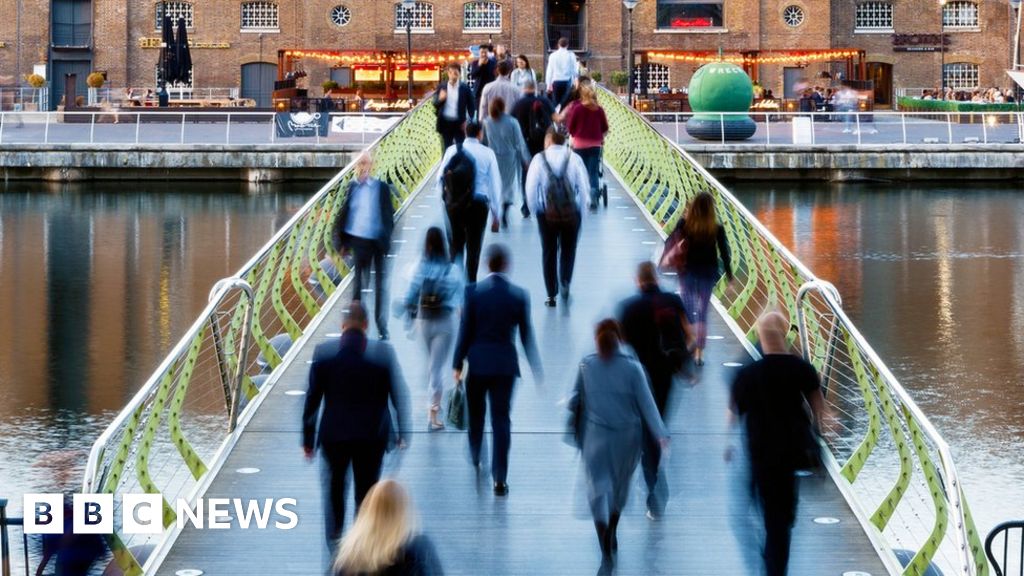Update: It seems that the market is volatile indeed. After pricing its shares at the lower end of the range, Deliveroo, trading as “ROO” on the London Stock Exchange, opened at 331 pence (£3.31), down some 15% on its private placement pricing, and it has been continuing to decline in early trading. It’s now at 302 pence and has been as low as 271 pence (and as high as 344.95 pence). We’ll continue to update this story. Original post below.
Tech stocks continue to deliver on the public markets, figuratively and literally: Deliveroo, the UK food-delivery giant backed by Amazon that has seen a surge of business during the Covid-19 pandemic, has announced pricing of £3.90 ($5.36) for its shares when goes public on the London Stock Exchange later today, valuing it with a market cap of £7.59 billion ($10.4 billion), and raising £1.50 billion ($2.1 billion).
The figure is at the lower end of the reduced range Deliveroo set earlier in the week of £3.90-£4.10. At the time, Deliveroo said the “volatile global market conditions for IPOs” led it to narrow the range from its original £3.90-£4.60. “Deliveroo is choosing to price responsibly within the initial range and at an entry point that maximises long-term value for our new institutional and retail investors,” the company said.
Separately, Deliveroo has been facing persistent controversy over how it pays its drivers, a story that doesn’t look like it will go away too soon. Deliveroo sources have repeatedly claimed that negative stories arising out of these labor issues have not been impacting the company in the lead-up to the IPO. Activity today on the market could be one indication of what the real impact has been.
Regardless of that, the listing today is a milestone not just for the company but for the London stock market in general. At a time when a number of scaled up privately-held tech companies have, and are exercising, a lot of options — acquisitions to bigger rivals, listing in the U.S. market, pursuing a SPAC — it’s notable that Deliveroo has opted for the LSE. It’s the biggest IPO on the exchange in terms of market cap in nine years (when commodity giant Glencore listed in 2011), and the biggest in terms of money raised since last September (when e-commerce company The Hut Group listed).
“I am very proud that Deliveroo is going public in London – our home,” said Will Shu, Deliveroo’s CEO and co-founder. “As we reach this milestone I want to thank everyone who has helped to build Deliveroo into the company it is today — in particular our restaurants and grocers, riders and customers. In this next phase of our journey as a public company we will continue to invest in the innovations that help restaurants and grocers to grow their businesses, to bring customers more choice than ever before, and to provide riders with more work. Our aim is to build the definitive online food company and we’re very excited about the future ahead.”
As with the U.S. exchanges, tech companies are fueling a lot of the action on the LSE at the moment, with four out of the last five IPOs valued at over £1.5 billion in the last five years coming from tech companies.
The labor controversy is one that will continue to play out for the company in part because it’s about more than just Deliveroo. Earlier this month, Uber reclassified 70,000 drivers in the UK as workers to give them benefits as the result of losing a court case, although Uber Eats — a rival to Deliveroo — was not included in the deal. However, it may not be legal but public pressure that will shift what happens with food delivery drivers. Just Eat, another competitor in the space, last year kicked off an agency worker model that gives drivers the option to work instead under an hourly wage rather than per ride. That becomes, in turn, one possible outcome for how to resolve the situation.
Whether or not investors have an opinion on this matter, it may not be that the so-called “investors revolt” is directly related to a sense of justice for low-paid delivery people, as it is the threat of legal action, losing court cases, and generally finding more costs on the bottom line than originally anticipated in the company’s unit economics.
Those unit economics are indeed a focus for investors, who may be bullish on the basic idea even as disputes over how to run it as an equitable business continue. Going into the IPO, Deliveroo is not profitable, but its loss had been narrowing on a huge surge of sales during the Covid-19 pandemic, not least because many restaurants have been forced to shut down their dine-in businesses and so consumers are turning to services like this to get their fixes of pre-prepared sushi, pizza, jerk chicken and burritos.
We’ll update this post with more after the stock officially starts trading.




